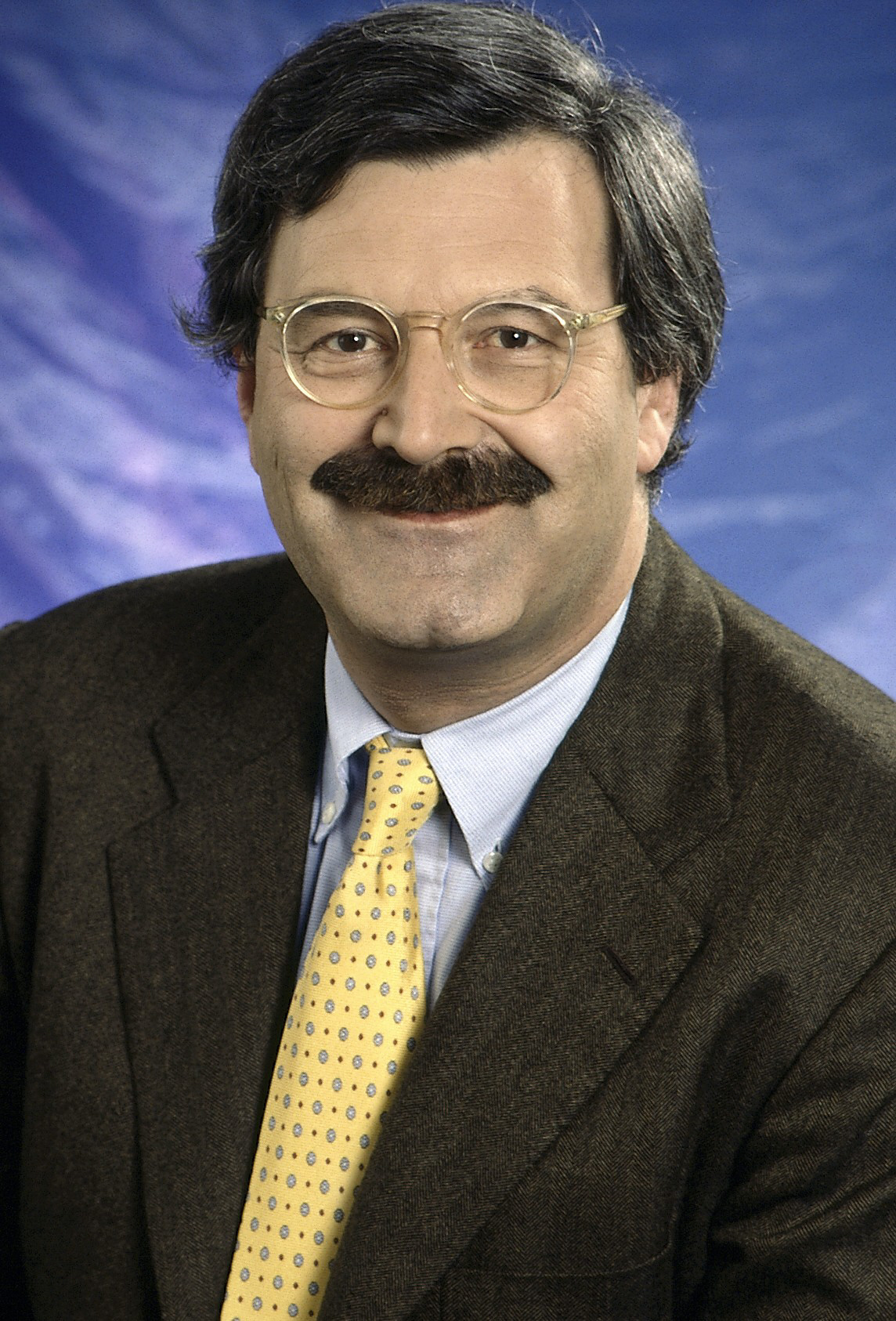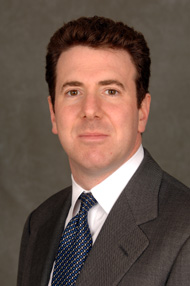Da hatte das ZDF mal eine richtig gute Idee. Man werde von Mai an ein islamisches Wort zum Freitag einrichten, ließ der Chefredakteur Nikolaus Brender verlauten.
Doch nun sind ausgerechnet jene unzufrieden, die das ZDF eigentlich beglücken wollte – die Muslime.

ZDF-Chef Nikolaus Brender. Foto: Carmen Sauerbrei, ZDF
Wie kann das sein? Dass der Islam in Deutschland dazugehört, ist mit Wolfgang Schäubles Islamkonferenz gewissermaßen amtlich geworden. Mutig ist es trotzdem, das Wort zum Freitag jetzt in Angriff zu nehmen.
In Deutschland gibt es keine breit streuende Islamophobie – aber doch eine starke Ambivalenz gegenüber der neuen Religion, die jetzt mitspielen will.
Abstrakt anzuerkennen, der Islam sei eine deutsche Tatsache, fällt nicht schwer. Doch wehe, wenn Muslime mit ihren Gebetshäusern in die Innenstädte drängen und ihr Bekenntnis sichtbar und hörbar leben wollen.
Ein Wort zum Freitag ist jedoch – genau wie die repräsentativen Moscheebauten – gerade in dieser Vertrauenskrise eine gute Sache: Wer die Integration der muslimischen Minderheit will, braucht Muslime, die Öffentlichkeit nicht scheuen.
Der Mut des ZDF-Chefredakteurs, dem Islam eine Tür in den Medienbetrieb zu öffnen, wird von manchen Verbandsvertretern allerdings nicht honoriert.
Der Zentralrat der Muslime fordert nun auch gleich die redaktionelle Hoheit über die Beiträge – wie im Fall der beiden christlichen Kirchen. Nikolaus Brender kontert, die redaktionelle Verantwortung liege »beim ZDF«. Er hat recht. Es gibt keinen Grundrechtsanspruch auf einen Sendeplatz. Dass die Muslime anders behandelt werden als die Kirchen, liegt auch in ihrer eigenen Verantwortung.
Sie sind in Vereinen und Dachverbänden organisiert, die (noch) nicht die Voraussetzungen erfüllen, als Religionsgemeinschaft nach deutschem Recht anerkannt zu werden. Sie sind untereinander zerstritten, und ein erster Anlauf zu einer gemeinsamen Organisation ist gescheitert.
Allerdings hätte das ZDF auch gleich seinen ganzen Mut zusammennehmen und auf eine richtige Fernsehsendung zielen sollen. Nun will man erst einmal im Internet anfangen.
Das riecht nach Angst vor der eigenen Courage. Soll das Wort zum Freitag eine muslimische Predigt oder eine Predigt an die Muslime sein? Wenn der ZDF-Chefredakteur sagt, es gehe um »Nachfragen« und eine »Dialogform«, dann müssen die Muslime annehmen, dass sie wieder nur sorgenvoll problematisiert werden.
Das ZDF stößt hier auf das dasselbe Problem, das auch den Innenminister in der Islamkonferenz umtreibt: Wer spricht für die Muslime?
Der Deal sollte sein: »Ihr bringt uns 20 wohlausgebildete Imame, die Deutsch sprechen, auf dem Boden des Grundgesetzes stehen und den inneren Pluralismus des Islams widerspiegeln – und wir geben euch einen Sendeplatz. (Und vielleicht denkt ihr sogar mal darüber nach, Vorbeterinnen auszubilden. Ist natürlich nur so eine Idee.)«




